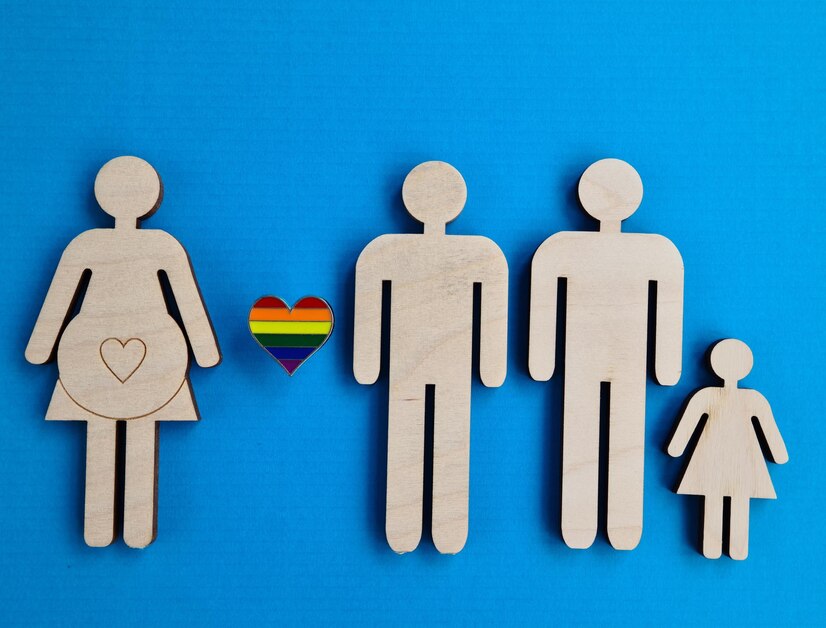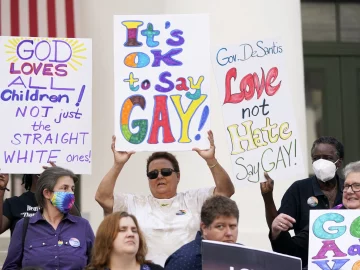Greece is preparing to legalize same-sex marriage, but without granting the right to parenthood through surrogacy.
Surrogacy: Greece stays strict on LGBT couples
In Greece, the issue of legalizing same-sex marriage caused controversy in society even before the government introduced a bill on the issue. Some see it as a move towards greater equality, while others see it as an attack on traditional family values. Penny and her partner want to get married and have children, but they don’t seem to be given access to surrogacy or other methods of reproductive assistance. Their only option would be adoption.
Penny Moisiadouemphasizes that adoption is a noble act. She expresses her support for adoption, but under certain circumstances. If she were single and unable to have a child of her own, she would consider adoption. However, since she has a partner, they have the opportunity to have their own child. She questions why such discrimination exists. According to her, when getting married, both the procedure and the mentality of others should change. However, she is surprised that despite the marriage, she was deprived of this right to raise a child, which she had before.

The ban on surrogacy will also apply to same-sex male couples who wish to have children. This means that they will not be able to turn to surrogate mothers to become parents. However, if they decide to use the services of a surrogate abroad, the child will still be recognized in Greece. Konstantinos Pantos, an obstetrician-gynecologist and head of the Hellenic Society of Reproductive Medicine, expressed the opinion that the state should take clear and reasonable steps in this situation.
He emphasizes the importance of following the laws and regulations in this matter, rather than trying to circumvent them. Pantos notes that some married lesbian women are seeking ways to legally have children. For example, they may decide to divorce, go to a reproductive center and give birth to a child as a single woman, after which it is possible to remarry. It calls for legal and ethical discussions of these issues to find solutions that meet all sides of the issue.
Euronews’ Fay Dulgheri says the government is committed to promoting marriage equality in line with election promises to eliminate discrimination. There are fierce debates on this topic in society, where participants discuss the political, social, ethical and legal aspects of this problem.
LGBT and surrogacy: differences in laws between countries

Surrogacy and its status for LGBT couples vary depending on the laws of different countries. In some countries, such as the USA, Canada, Great Britain, Greece, Holland, Belgium, Denmark, Ireland and others, surrogacy is allowed and available to LGBT couples. In the US, for example, surrogacy laws vary from state to state, and some states allow surrogacy for LGBT couples. Canada also has legislation allowing surrogacy for LGBT couples. In the UK, Greece, Holland, Belgium, Denmark and Ireland, surrogacy laws also take into account the needs of LGBT families. However, it should be remembered that each country has its own specific legislation, and a detailed study of the relevant rules and procedures for LGBT couples wishing to use surrogacy is required.




